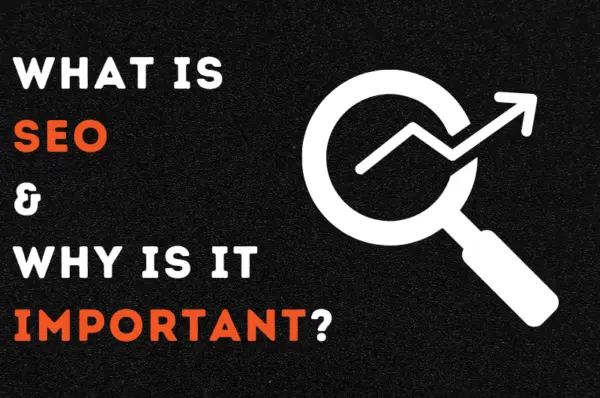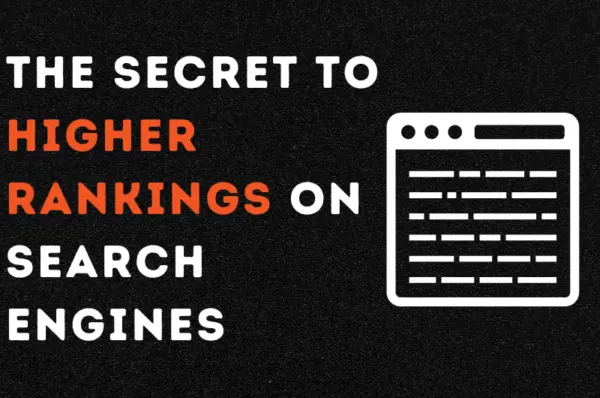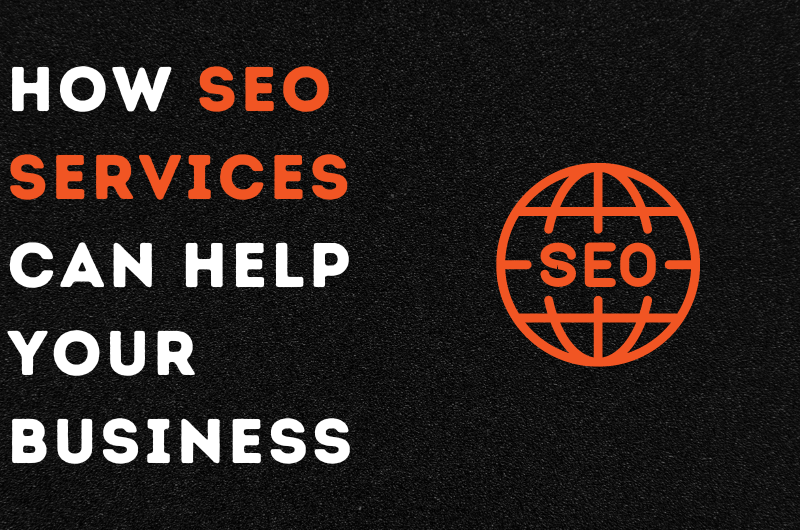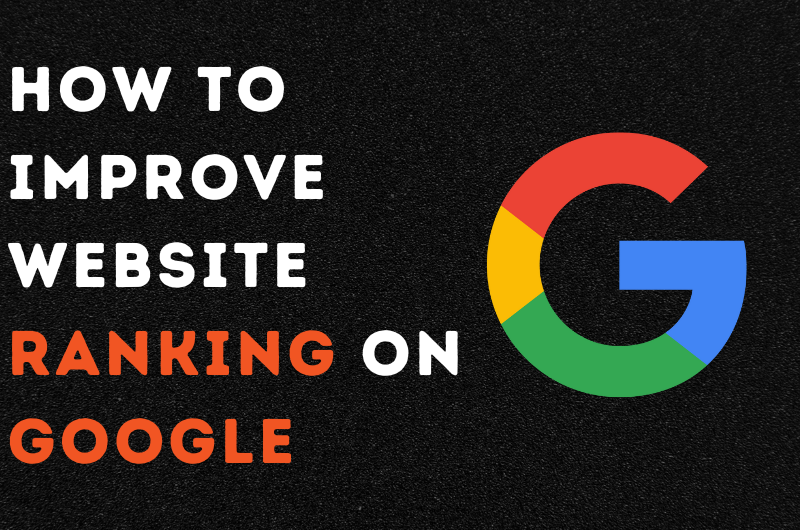Search Engine Optimization, or “SEO” for short, is a method that can be used on a website to help search engines find it. If you’re reading this, then you likely already have at least a passing understanding of what is SEO. In short, what is SEO? It’s the process of improving your website so that it will rank higher in search engine results pages (SERPs), thereby driving more organic traffic to your site. What is SEO? It is a way to get more and better traffic from search engines to a website, which should lead to more profit.
There are many factors that contribute to SEO, and it can be a complex and time-consuming process to get it right. However, it is important to consider SEO when launching or redesigning a website, as it can be a key driver of traffic and online success.
But why is SEO so important? Well, consider this: according to a recent study, the first result in a Google search gets 33% of all clicks. The second result gets 18%. That means that the top two results in a given SERP account for more than half of all clicks! And it only goes downhill from there; the third result gets just over 10% of clicks, and by the time you get to result in #10, you’re down to less than 2%.
Clearly, then, if you want people to find your site, you need to make sure it’s ranking as high as possible in SERPs. And that’s where what is SEO comes in. By optimizing your site for search engines, you stand a much better chance of ranking highly and driving organic traffic.
What is SEO & How Does It Works?
Generally speaking, there are two types of SEO: on-page SEO and off-page SEO. On-page SEO refers to all the measures you can take to make your site more visible and attractive to search engines when people are searching for keywords related to your business. This includes things like optimizing your title tags, making sure your content is relevant and informative, and using alt text on images. Off-page SEO, on the other hand, is all about building up your site’s authority and reputation in the eyes of Google. This is done through things like link building and social media engagement.
Both on-page and off-page SEO are important if you want your site to rank highly in SERPs. However, they each require a different approach and focus.
Still not convinced? Let’s take a closer look at some other reasons why SEO is so important.
Top 9 Benefits of What Is SEO
Here are the top 9 benefits of what is SEO in a concise format:
1. Increases Organic Traffic:
This one is pretty self-explanatory. If your site is ranking higher in SERPs, you’re going to get more traffic. And more traffic means more opportunities to convert leads into customers.
2. Boosts Credibility:
When people see your site appearing high in search results, it builds trust and credibility for your brand. What’s more, if people keep seeing your brand name pop up, even if they don’t click through to your site, they’ll start to become familiar with it, and that can also lead to increased traffic and conversions down the line.
3. Enhances User Experience:
Not all traffic is created equal. Some sources of website traffic, like paid ads, can be turned on and off at will. But organic traffic, which comes from people finding your site naturally in SERPs, is much more valuable. Not only is it free, but it also tends to be more targeted and therefore more likely to result in conversions.
4. Improve ROI From Other Marketing Activities:
SEO can complement and enhance other marketing activities you’re undertaking, such as email marketing or social media marketing. By integrating SEO into your wider marketing strategy, you can get more bang for your buck from your overall marketing spend.
5. Increased Website Usability:
A well-optimized website is not only better for search engines; it’s also easier and more enjoyable for users. This can lead to increased engagement with your site, which is a positive signal to search engines that can in turn lead to higher rankings.
6. Increased Leads and Sales:
In the end, all that really matters is that SEO helps you to achieve your business goals. And in most cases, it does just that. A recent study by BrightEdge showed that SEO drives an average of 18% of revenue for businesses. So if you’re looking to increase leads and sales, then SEO should be a key part of your marketing mix.
7. Get Higher ROI:
Search engine optimization not only helps you get more leads, but it also enables you to save on advertising spend by making your website more visible in organic search results. This means that you can get a higher return on investment (ROI) from SEO than from other marketing activities.
8. Improve Brand Loyalty:
SEO can help to build trust and credibility for your brand, which can lead to increased brand loyalty. What’s more, if people keep seeing your brand name pop up in search results, even if they don’t click through to your site, they’ll start to become familiar with it, and that can also lead to increased traffic and conversions down the line.
9. Get More Bang for Your Buck:
Search engine optimization is one of the most cost-effective marketing activities you can undertake. It doesn’t require a huge budget, and even small improvements can make a big difference to your bottom line. What’s more, SEO generates long-term results, so you’ll continue to reap the benefits of your investment for years to come.
What Are Some Common SEO Mistakes to Avoid?
There are a number of common SEO mistakes that can hurt your ranking and visibility, including:
1. Not Doing Keyword Research:
Keyword research is essential for SEO success. It helps you to understand what people are searching for and how to target those keywords most effectively.
2. Focusing on the Wrong Keywords:
It’s not enough to just choose any old keywords; you need to choose the right ones. Make sure you’re targeting keywords that are relevant to your business and have a good search volume.
3. Not Optimizing Your Website for Mobile:
With more and more people using mobile devices to search the internet, it’s essential to make sure your website is optimized for mobile. This means having a responsive design that looks good and performs well on mobile devices.
4. Not Using Enough or the Wrong Images:
Images are an important part of SEO, and you need to use them effectively if you want to improve your ranking. Make sure you’re using high-quality images that are properly optimized for the web.
5. Not Using Proper Metadata:
Metadata is critical for SEO, but many businesses don’t take advantage of it. Make sure you’re using accurate metadata for all of your pages, including a title, description, and keywords.
6. Not Building Links:
One of the most important factors in SEO is link building. You need to build links from other websites to yours if you want to improve your ranking.
7. Not Using Google Analytics:
Google Analytics is a free tool that can be invaluable for tracking your SEO progress. Make sure you’re using it to track your website traffic, keywords, and conversions.
8. Not Monitoring Your Progress:
It’s important to regularly monitor your SEO progress so you can see what’s working and what’s not. Use tools like Google Analytics and search console to track your progress and make changes as needed.
9. Not Keeping up With the Latest Trends:
SEO is always changing, and you need to keep up with the latest trends if you want to stay ahead of the game. Read industry news and blogs, and attend conferences and webinars to stay up to date on the latest SEO developments.
Check Also:
Quick Wrap-Up
As you can see, there are plenty of good reasons to invest time and energy into developing an effective SEO strategy. Not only will it improve your website’s usability and help you drive more organic traffic—two things that are beneficial in and of themselves—but it will also lead to increased engagement and conversion rates. In other words, an effective SEO strategy is a win-win-win; it benefits both you and your users (and potential customers)! So what are you waiting for? Get started on developing your own SEO strategy today with SEOSYRUP! Get in touch with us if you need SEO services at a reasonable price.



